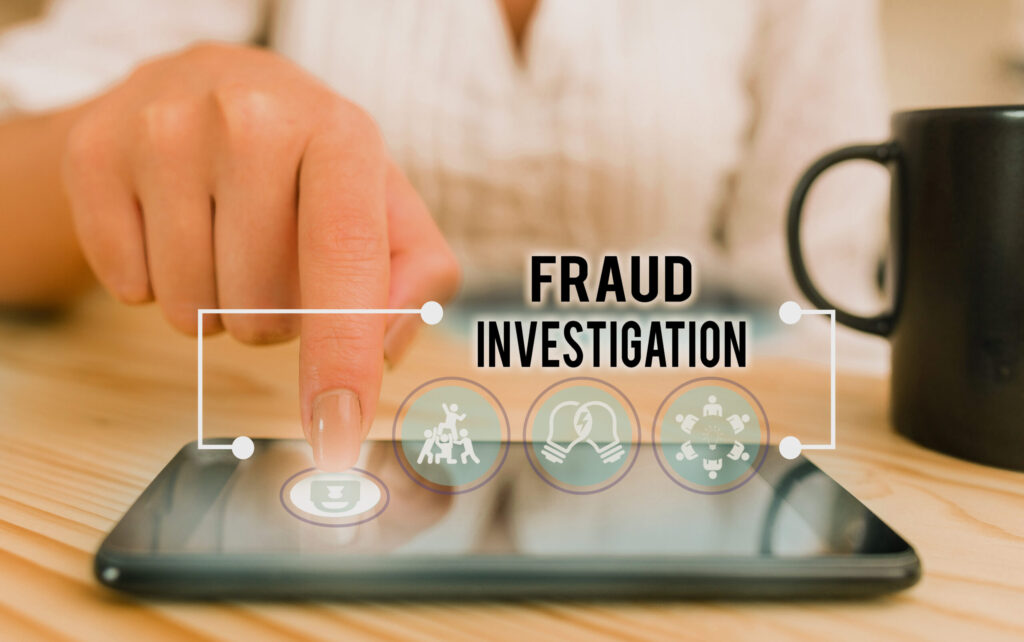Forensic Accounting Explained

Unfortunately, fraudulent activity among businesses has experience a steady increase in the past few years. With the increasing power and connectivity of the internet, it seems to be easier than ever to experience fraud. The Global Fraud and Identity Report from 2018 reported that 33% of businesses experienced more fraud losses than they did in the prior year.
What is a Forensic Accountant?
As the level of fraud increases, it is the job of a forensic accountant to investigate the situation to determine what caused the suspicious financial activity. By examining the data and numbers, a forensic accountant has to figure out where the missing money is now and determine how to recover it. Many times, the discoveries made by the forensic accountants are used as a credible source of evidence in trials or to recover from a scam and often a forensic accountant is used as an expert witness.
The important work of the forensic accountant can be useful across many industries such as public accounting and consulting firms, law firms, law enforcement agencies, and insurance companies. However, each of these categories handle money in different ways and the role of the forensic accountant can differ depending on the situation. For those in specific fields, like accountants in public accounting or insurance, will usually focus on a certain type of fraud, like in this case, insurance fraud.
Because of the high level of trust placed in forensic accountants, there are requirements in place before one can claim the position title. As a pre-requisite to becoming a financial account, an individual first needs earn the certification for a public accountant and then have 1-3 years of work experience. After this, many individuals go on to earn a Ph.D. and complete certifications to secure a job.
What is the audit procedure for forensic accounting?
Depending on the situation, each audit procedure requires a unique protocol. However, there are three steps of the process that remain constant. This audit process includes:
- Investigation: Before any claims can be made for fraud, the forensic accountant first has to investigate the situation. To start the investigation, the financial accountant begins looking for any evidence, especially any red flags and discrepancies in the data. They may use other investigative skills as well, such as interviewing staff at the organization in question. Using all of the information that was uncovered during the investigation, it is the job of the forensic accountant to determine the best next steps to mitigate the situation.
- Reporting: With the findings of the investigation, the forensic accountant compiles a summary report of all of their findings and begin to develop a case. With this information, the forensic account determines who played a role in the fraud and how it occurred. The accountant then will suggest which steps the company should take next in addition to suggesting ways to avoid any fraudulent activity in the future and strengthen the security of the company.
- Litigation: The final role of the financial accountant is to provide their testimonial and serve as an expert witness during litigation. The results of the investigation will be presented in the courtroom. Using terms that the general public can understand, it is the job of the forensic accountant to convey their findings and explain how they reached their conclusion. This litigation step in is the key function of financial accounting. After this step, it is up to the court to reach a final verdict.
Forensic accounting combines both accounting and investigative skills to determine the causes of fraud. By looking beyond numbers and into the facts and evidence of the case, forensic accountants are able to present their findings in court to remedy fraud and embezzlement. They serve an important role in correcting situations of fraudulent financial activity.
